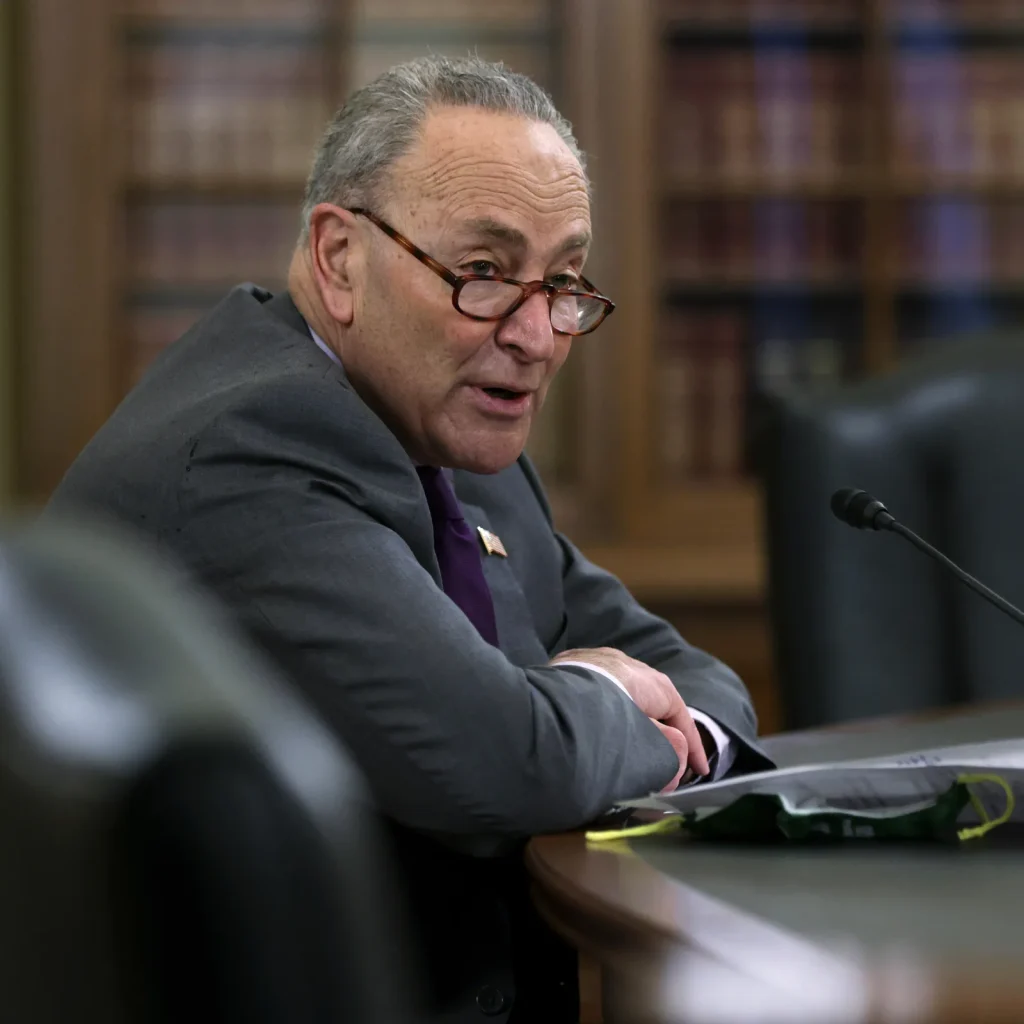
In a move that has raised concerns among historians and government transparency advocates, former President Donald Trump has removed all members of the Advisory Committee on Historical Diplomatic Documentation — a nonpartisan panel responsible for ensuring the accuracy of the United States’ official diplomatic record.
The mass dismissal, reportedly carried out last month via email, came as a surprise to committee members and was first reported by The Washington Post. The committee, commonly known as the HAC, advises the State Department on the Foreign Relations of the United States (FRUS) series — a long-running collection of declassified documents that serves as the authoritative record of U.S. foreign policy.
Sudden Termination and Lack of Explanation
The termination notices were sent by Cate Dillon, the White House liaison to the State Department. Her email read:
“On behalf of President Donald Trump, I am writing to inform you that your position on the Advisory Committee on Historical Diplomatic Documentation is terminated effective immediately.”
No specific reason was provided. However, speculation followed after historian Timothy Naftali, a former member of the panel, made the news public on social media. Critics pointed to Naftali’s previous public criticism of Trump, suggesting political bias may have influenced his work on the committee.
Controversy Over Partisanship
Attention quickly turned to the committee’s chairman, James Goldgeier, a professor at American University, who has also voiced strong criticism of Trump in the past. A tweet from July 2020 resurfaced, in which Goldgeier accused Trump of mishandling the pandemic and using federal agencies to target protesters.
Such posts fueled claims among some conservatives that the committee had lost its objectivity. They argued that members’ personal political views had compromised the panel’s impartiality.
What the Committee Does
The HAC plays a vital but often behind-the-scenes role in preserving the integrity of America’s diplomatic history. Established by statute, its core responsibility is to ensure that the FRUS volumes offer a thorough and accurate account of U.S. foreign relations. These volumes include declassified memos, cables, and correspondence from past administrations and are considered an essential resource for historians, journalists, and policymakers.
The committee also advises on the declassification process, which releases documents after a standard 30-year waiting period. Currently, it is focused on reviewing records from the Reagan administration.
“It’s painstaking work, but it’s vital for accountability and the historical record,” Goldgeier said in a recent interview.
A Pattern of Institutional Reshaping?
Although the Trump administration has not issued a formal explanation for the mass firing, many see the decision as consistent with Trump’s broader skepticism toward institutions he views as biased. Since entering politics, Trump has frequently criticized academia, the media, and elements of the federal government as being hostile to conservative leadership.
To Trump supporters, the move represents a necessary step toward eliminating what they view as ideological bias in government-affiliated institutions.
“Why should taxpayer money go to academics who openly hate America and its leaders?” asked one user on a conservative platform.
Concerns About Historical Integrity
Critics, on the other hand, warn that the removal of the committee undermines transparency and historical accountability. Without expert oversight, they argue, there is a risk that future FRUS publications could be manipulated to reflect partisan narratives.
“This isn’t just about historians losing jobs,” one academic told The Post. “It’s about whether our government’s historical record can remain trustworthy and objective.”
A Break from Historical Norms
While previous administrations have occasionally disagreed with the HAC — especially over sensitive or classified materials — an across-the-board firing is highly unusual. Historians point out that even during the Cold War, when secrecy was paramount, the committee remained intact to maintain credibility in documenting U.S. foreign policy.
The dismissals come at a time of heightened debate over how American history is taught and remembered. Trump has repeatedly criticized what he calls “anti-American” narratives in education, urging a more patriotic retelling of U.S. history.
Some see the HAC firings as part of that broader effort to influence how the past is interpreted.
What Comes Next
The State Department is legally required to maintain the HAC to oversee the FRUS project. It is expected that a new committee will be appointed, though it’s unclear whether future members will include nonpartisan historians or individuals more aligned with Trump’s worldview.
If the latter, some experts fear that the credibility of the FRUS series — which is respected internationally — could be compromised.
For now, the situation has reignited debate over who controls the narrative of history in the United States — and what that means for future generations seeking to understand the nation’s past.
Let me know if you’d like this in a shortened version, formatted for a blog or news site, or translated into another tone (e.g., more journalistic, academic, or neutral).
Leave a Reply